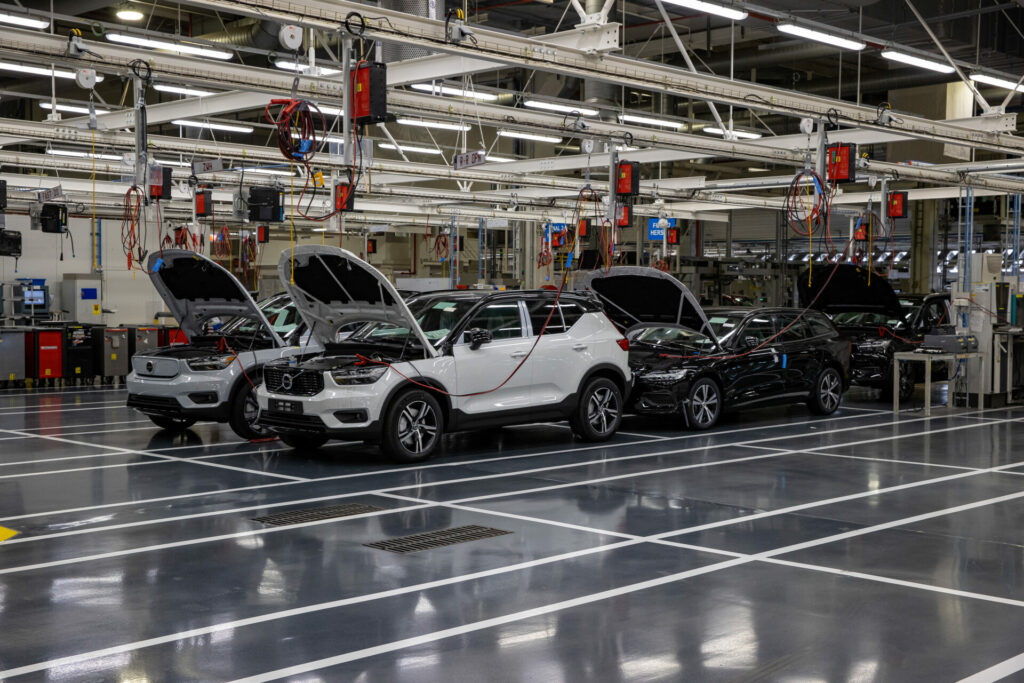Transatlantic tensions are flaring over US President Joe Biden's flagship $369 billion climate legislation, which the EU claims is unfairly protectionist and deeply harmful to its own industrial base.
Biden's 'Inflation Reduction Act' (IRA), signed into US law in August, encourages consumers to 'Buy American' by providing tax rebates to purchasers of US-made electric cars. It offers a host of other subsidies to encourage American green manufacturing and innovation.
"I will be direct: this [the IRA] is unacceptable for the EU," said Jozef Sikela, the Czech Minister of Industry, at a meeting of European and American trade officials in Prague on Monday. "As it stands, this text is extremely protectionist, to the detriment of European exports."
Sikela's remarks echoed similar comments made last week by European Commission Vice-President Margrethe Vestager, who claimed that the IRA "puts at risk part of the industrial base in Europe".
An unfair advantage
France is particularly angered at the passage of the IRA, claiming that it will lose billions of euros as leading French-based manufacturers relocate to the US to take advantage of American subsidies.
For instance, under current French law purchasers of electric vehicles are eligible to receive subsidies of up to €7,000 regardless of where the vehicle is made; buyers of electric cars in the US are eligible to receive up to $7,500 only if the vehicle is manufactured in the US, Canada, or Mexico. The EU wants the IRA legislation to be altered so that American purchasers of EU-manufactured electric vehicles are eligible for the same subsidy.
The EU has also made it clear that should its efforts to amend the IRA not succeed, it is prepared to file an official complaint with the World Trade Organisation, and possibly even respond with retaliatory tariffs of its own.
"It won't be easy to fix [this situation], but fix it we must,” said EU Trade Commissioner Valdis Dombrovskis. He added: "We will give negotiations a chance before engaging in further considerations."
Related News
- Diplomatic dispute breaks out between China and Belgium
- Will Belgium become uncompetitive? Worker wage increases challenged
US Trade Representative Katherine Tai, who was in Prague meeting with senior EU trade officials on Monday, remains upbeat about the prospects for negotiation. "I have every confidence that we will be able to work towards a resolution," she said.
The EU's concerns about discrimination against its own industries come at a time when European manufacturers are already facing a structural disadvantage relative to America. European gas prices are currently eight times higher than they are in the US.
The increasing transatlantic tensions also threaten to undermine EU and US unity at a time when the US has been pushing the EU to adopt a more united front against Russia and, especially, China. In particular, the US is currently demanding that the EU introduce more stringent controls on chip exports to China — demands which the EU has thus far resisted.

